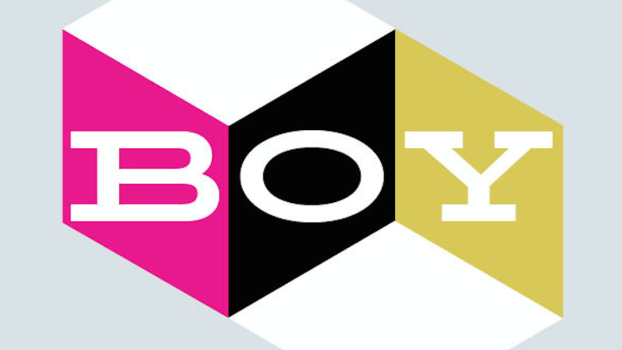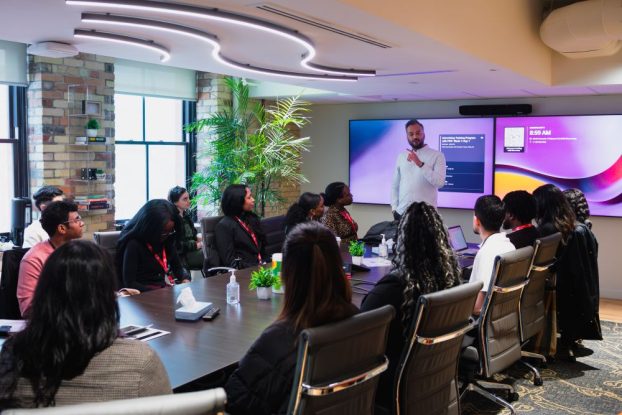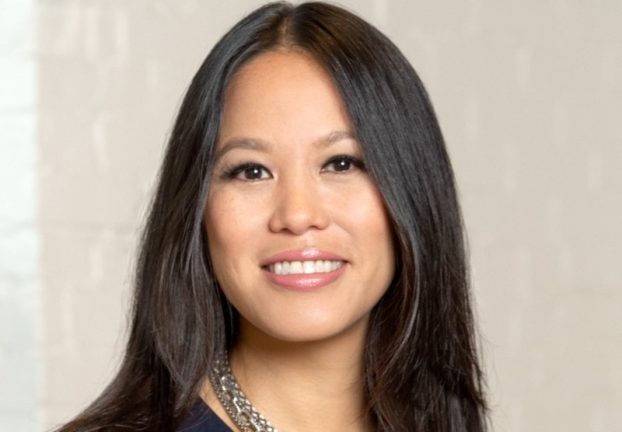
Credit: Squamish Lil’wat Cultural Centre – BC.
By Sébastien Desnoyers-Picard
In the world of tourism, there’s a profound shift happening that goes beyond the usual appeal of exotic destinations and Instagrammable experiences. It’s a movement toward ethical and sustainable travel and the kind of experiences that create a relationship between the visitor and the host.
While not exactly jumping on a trend – Indigenous people have been honouring our connection to the land and each other since time immemorial – Indigenous tourism in Canada is in the unique position of being first-in-line when it comes to attracting people who are seeking more meaning from their travel. And here’s the beauty of it all: Indigenous experiences are not simply exceptional tourism, they’re also powerful tools for advancing reconciliation in Canada.
I know reconciliation can seem complicated; people and businesses aren’t always sure how to begin. But Indigenous tourism can provide a pathway. By connecting guests to the land while immersing them in the traditional knowledge of communities across Canada, we bust stereotypes and build cultural bridges. Experiences that are filled with laughter, breathtaking landscapes and delectable cuisine drive economic empowerment, sustainability and cultural reclamation.
We know our tourism businesses excel, so much so that when we tell our stories our way, we’re in constant demand. Like many emerging business sectors, however, to reach our potential we need more stable investment. For too long, non-Indigenous people have tried to tell us how to run Indigenous tourism (and controlled the purse strings). Since forming the Indigenous Tourism Association of Canada (ITAC) and supporting the development of our own network of provincial and territorial Indigenous Tourism Associations, we’ve seen more growth in revenue between 2015 and 2020 than in the previous 20 years. The reason is because we’re making sure everything we do is Indigenous-led. The lesson we’ve learned is that when we stay true to our traditional values, we succeed. It’s not about us, without us.
We are the original, original
It might seem surprising, but one of the steps we took was to re-introduce ourselves to the public with a brand connected with a mark of excellence that connected visitors with authentic Indigenous products and experiences. Our goal was to highlight the importance of supporting genuine Indigenous initiatives and distinguishing between appropriation and cultural appreciation. We realized to truly move toward reconciliation, we had to invite people to deepen their understanding of Indigenous knowledge and support our success.
Indigenous success is good for everyone
More than a way to boost economic stability and create jobs, Indigenous tourism is a lifeline for many communities that have been marginalized by mainstream government support. Offering experiences that give visitors the chance to engage with Indigenous culture and teachings through a diverse range of activities, the businesses also provide well-paying jobs for storytellers, guides, chefs and artists. It’s a win-win scenario where cultural preservation goes hand in hand with the kind of non-extractive, sustainable economic development that many communities are looking for.
For Indigenous nations, sustainability is at the core of economic stability
This is especially true when it comes to managing lands with deep-rooted Indigenous significance. For Indigenous people, land isn’t just a geographic location. Instead, traditional territories are repositories of history, sources of sustenance and medicinal treasure troves. By inviting visitors to experience our land, Indigenous people are able to dispel the kind of misconceptions that have grown around the impacts of fishing, hunting and gathering. And by spending time with Indigenous guides, guests develop respect and understanding for why these practices are crucial in preserving both cultural heritage and the environment.
Leveraging Indigenous voices
Indigenous peoples need to share our history in our own words, but there’s still a critical lack of representation in upper-level decision-making processes. It’s essential to ensure that Indigenous voices are not only heard but also integrated into the decision-making process. By empowering Indigenous communities to share their stories, valuing their ancestral knowledge, and involving them in decisions that affect their lives, we can work together as allies in healing wounds and building a brighter future.
This is where our like-minded partners come in
For years, ITAC has collaborated with private sector partners, Indigenous businesses and organizations to bolster the Indigenous tourism industry. Now we’re working to sustain this momentum, stabilize marketing efforts and develop new programs. With a 2030 vision of 800 new businesses and 21,000 new jobs, which will make Canada the global leader in Indigenous tourism, we need investments our people can depend on. To get there we’ve established the Indigenous Tourism Destination Fund — an innovative way to realize the Truth and Reconciliation Commission’s Call to Action #92 — where we build respectful relationships and ensure that Indigenous communities gain long-term economic benefits from activities that take place on their lands.
I am very excited about what the future holds for our industry — and I look forward to working with the partners and allies I haven’t met yet who want to be part of this journey.

Sébastien Desnoyers-Picard is the VP of Indigenous Tourism Association of Canada (ITAC).























